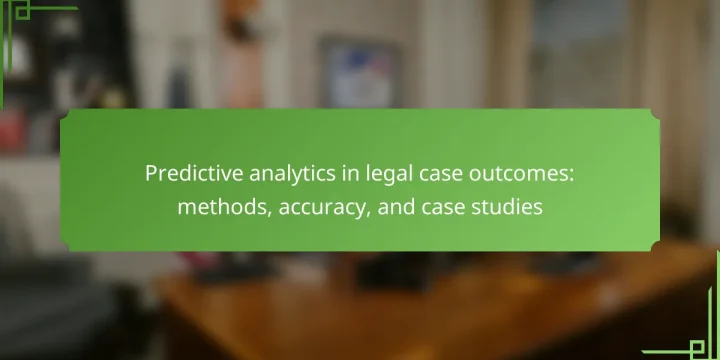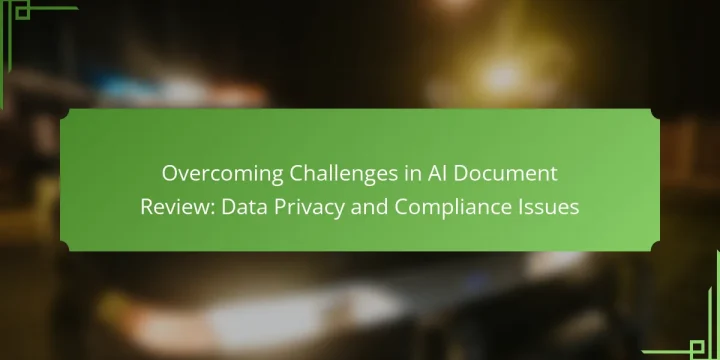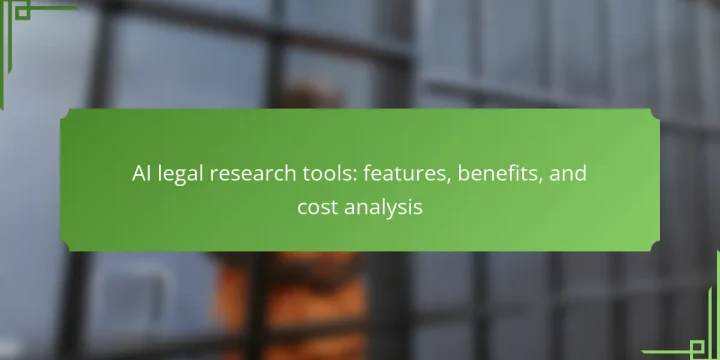
Welcome to Powered by Ross
At Powered by Ross, we believe that navigating the complexities of legal research should be seamless and efficient. Harnessing the power of artificial intelligence, we are dedicated to providing legal professionals with cutting-edge tools that streamline the research process, allowing you to focus on what matters most: your clients and your cases. Our innovative platform is designed to empower you with insights at the speed of thought, transforming the way you approach legal challenges.
Whether you are a solo practitioner or part of a large firm, our user-friendly interface and intelligent algorithms deliver precise, relevant results tailored to your specific needs. We invite you to explore the future of legal research with us and discover how AI can enhance your practice, increase productivity, and reduce overhead costs. Join the legal professionals who are already experiencing the benefits of smarter research!
Explore Our Key Features
- Advanced AI Algorithms for Rapid Research
- Comprehensive Case Law Database
- User-friendly Interface for Seamless Navigation
- Real-time Updates on Legal Trends
- Custom Reporting and Insights









